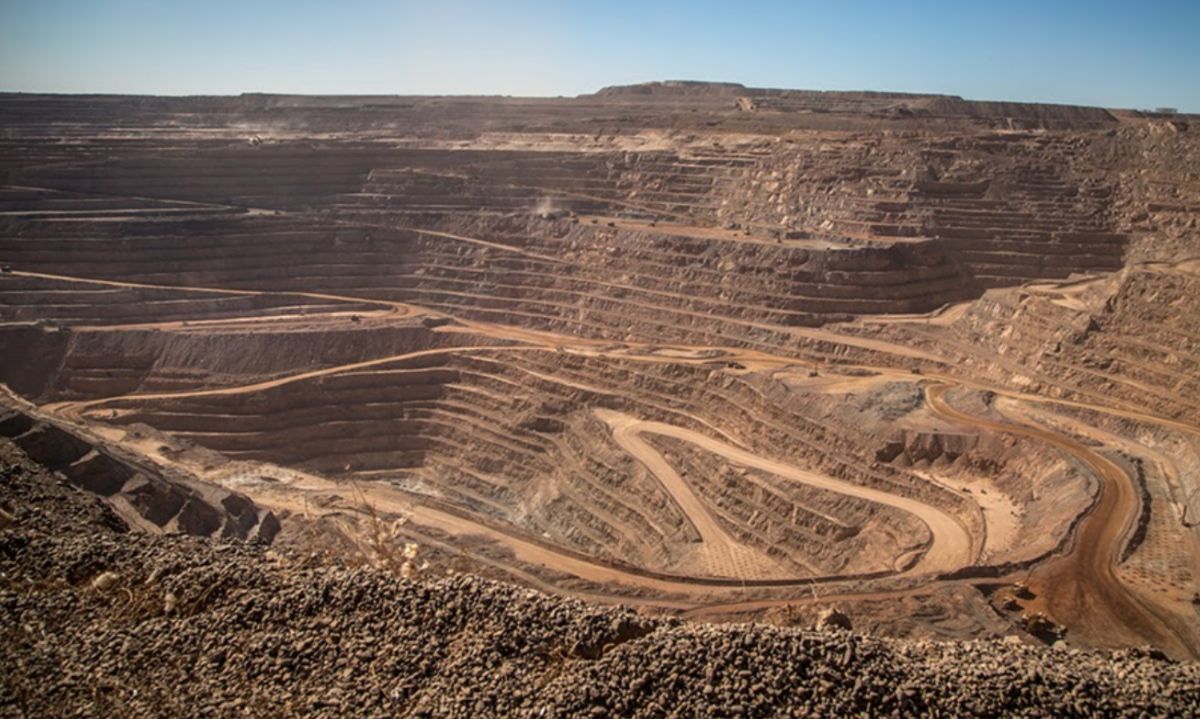
The move is aimed at protecting environmentally sensitive regions and wildlife habitats from potential harm associated with resource extraction.
On Friday, the Biden administration announced measures to restrict oil and gas drilling as well as mining in Alaska, drawing ire from state officials who argue that it will lead to job losses and increase dependence on foreign resources. However, environmentalists welcomed the move, which aligns with President Joe Biden’s agenda to curtail oil and gas operations on public lands and preserve 30% of US lands and waters to address climate change.
Environmental groups have long advocated for stricter regulations to safeguard these areas, citing the importance of preserving biodiversity and mitigating climate change.
However, the announcement has sparked outrage among state officials, who argue that the restrictions will hinder economic development and job creation in Alaska. They assert that responsible resource development is essential for the state's economy and energy security.
The Department of the Interior has finalized a regulation by restricting oil and gas development on 40% of Alaska's National Petroleum Reserve (NPR-A). This move also includes rejecting a proposal for a 211-mile road intended to facilitate mining in the Ambler Mining District in north-central Alaska, citing potential risks to caribou and fish populations vital for the subsistence of numerous native communities.
President Biden expressed pride in the administration's actions to conserve over 13 million acres in the Western Arctic and to respect the cultural heritage and wisdom of Alaska Natives who have stewarded these lands for generations.
The NPR-A, covering 23 million acres, represents the largest tract of undisturbed public land in the US. The new regulation prohibits oil and gas leasing on 10.6 million acres while imposing limitations on development in over 2 million additional acres.
Existing oil and gas operations, such as ConocoPhillips' Willow project, approved by the Biden administration last year, remain unaffected. However, the Ambler Access Project, aiming for mine development, faces hurdles as the Bureau of Land Management recommended "no action" as the preferred alternative in its environmental analysis released on Friday.
Republican senators, including those from Alaska, criticized the administration's decisions, emphasizing concerns about energy security and resource access. On the other hand, environmentalists, a significant part of President Biden's base, applauded the measures for safeguarding habitats and cultural resources amidst ongoing environmental changes in the region.
David Krause, interim executive director at Audubon Alaska, highlighted the necessity of the new rule on NPR-A to protect wildlife like birds, caribou, and fish in the face of dramatic climatic shifts in the Arctic. Discussions continue, stakeholders on both sides are calling for a balance between environmental protection and economic prosperity in the state.




